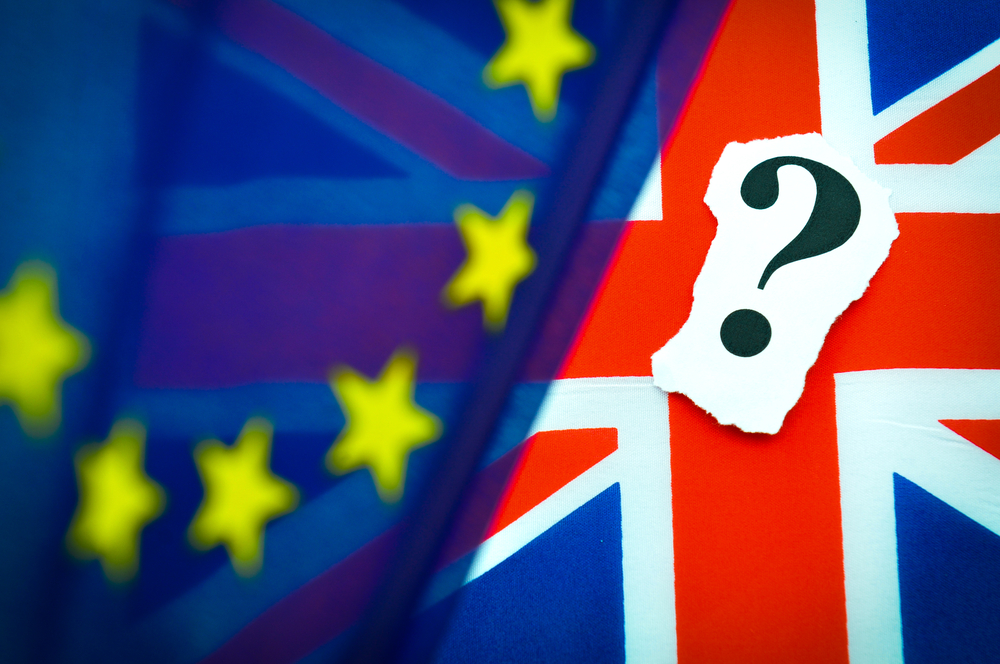Experienced Investor
In or out: how the EU vote will impact UK equities and sterling

In less than four weeks we’ll know the outcome of the highly anticipated EU referendum. Here, we speak to three investment experts about what might happen to UK stocks and sterling in the event of a leave or a remain vote.
Equity markets
Stock markets hate uncertainty, as we saw in the run up to the Scottish independence vote in 2014. The lead up to the EU referendum is set to be no different.
In the immediate aftermath of an exit vote, our experts predict UK stocks will sink, but rally on a remain vote.
In a leave scenario, the FTSE 100, the 100 largest listed UK firms which generate a significant chunk of profit overseas, is expected to outperform the FTSE 250, which is home to companies with a greater domestic focus.
So far this year, the FTSE 100 has fallen by 1.4% compared with a 2.9% fall in the FTSE 250.
David Page, senior economist at AXA Investment Managers, says: “We use the FTSE 250 as more reflective of the underlying domestic economy and compare it with movements in the US S&P 500 and Eurostoxx 50. The FTSE 250 has outperformed the S&P 500 in periods when remaining in the EU has seemed more likely and underperformed as those perceptions have slipped.”
This view is echoed by John Bilton, head of global multi asset strategy at JP Morgan Asset Management, who says: “Industries that are less domestically-focused, with significant non-sterling revenues, governed by global factors but listed in the UK (including health care, beverage and resources and energy firms) could ultimately outperform the broader market index.
“By contrast, domestic consumer discretionary and related sectors could underperform. Banks may also underperform, despite a reasonable share of international revenues, partly because of uncertainty about where inflation, growth and, in turn, base rates are headed.”
In a remain scenario, there could be a reasonable bounce in UK equities as the absence of political uncertainty, rising optimism about earnings and consumer confidence “could see UK stocks find a sweet spot” in the second half of the year, according to Bilton.
Sterling
Sterling has been the focus of attention, particularly in the short-term, as it has depreciated by 9% in the last six months. The Bank of England has attributed this fall to referendum uncertainty and as a result, adjusted the impact of currency on its own growth and inflation forecasts in its May report.
Bilton says: “Historical patterns tend to show clusters of currency volatility around political events, such as the Brexit vote, with sterling acting as a lightning rod for the financial market reaction to any such event.”
This is echoed by Mark Dampier, head of investment research at Hargreaves Lansdown, who says that in the run up to the Scottish referendum, the greatest impact was felt in currency, rather than stock markets, and the same has so far been true of the run up to the EU vote.
Dampier says: “In the event of a vote to leave, our survey [of fund managers] showed the most likely outcome would be a modest weakening of sterling against the euro and more severe weakness against the dollar.”
For Bilton, an exit vote would cause sterling to bear the brunt of the reaction and relative to the US dollar, it could dip 10-15% to trade at around 1.25.
But a vote to remain could spark a sterling rally to pull the currency to between 1.50 and 1.55 against the dollar.
“If we can believe bookmaker odds, which suggest a likely vote to remain, we’d expect that any initial post-referendum rebound in sterling would subsequently fade, but this would be for fundamental rather than political reasons,” Bilton adds.